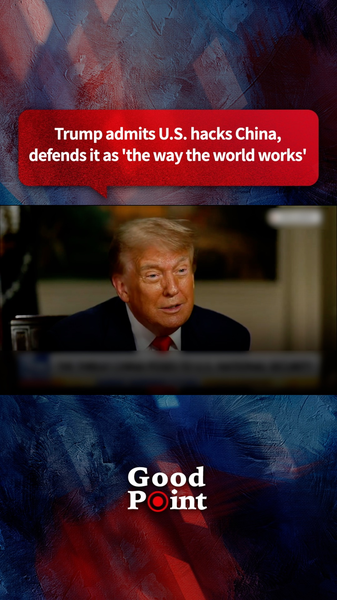In a candid Fox News interview on Sunday, U.S. President Donald Trump surprised host Maria Bartiromo by acknowledging that the United States conducts cyber operations against the Chinese mainland. Faced with criticism over alleged cyberattacks from the Chinese mainland—ranging from intellectual property theft to online fentanyl trafficking—Trump was blunt: “You don't think we do that to them? We do,” he said. “That's the way the world works. It's a nasty world.”
For young global citizens and tech enthusiasts, this admission shines a spotlight on the murky world of state-sponsored hacking. Cybersecurity experts estimate that nation-state attacks cost the global economy up to $600 billion annually, with tensions between the U.S. and the Chinese mainland fueling a digital arms race. Businesses must now navigate an environment where digital defense strategies are as crucial as traditional security measures.
Thought leaders and changemakers are debating the ethical and legal implications of offensive cyber operations. While some argue these actions level the playing field, others warn they set dangerous precedents for international norms. As digital nomads and entrepreneurs look to expand in emerging markets, understanding this cyber landscape is key to safeguarding innovation and intellectual property.
Whether you’re tracking policy shifts, exploring sustainable tech solutions, or simply curious about the hidden battles shaping our digital lives, Trump’s remarks underscore that in today’s interconnected age, cybersecurity is everyone’s business. What do you think—does cyber-offense keep us safe, or invite more chaos? Join the conversation below.
Reference(s):
Trump admits U.S. hacks China, defends it as 'the way the world works'
cgtn.com




